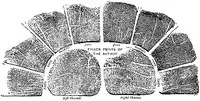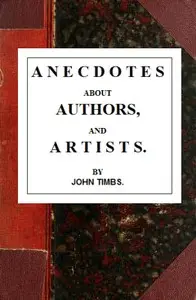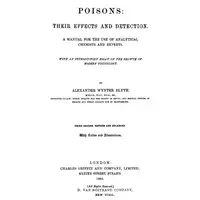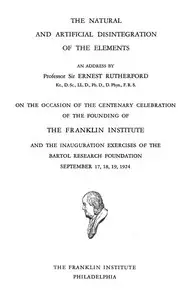"Some Experiments Concerning Mercury" by Herman Boerhaave is a scientific publication written in the early 18th century. This work primarily explores the properties and transformations of mercury, detailing various experiments that investigate its nature and interactions with other substances. Boerhaave, a noted professor of medicine and chemistry, reflects on the practices and theories prevalent in alchemy, contributing to the understanding of chemical principles during this period. In this book, Boerhaave meticulously documents a series of experiments aimed at purifying mercury and observing its behavior under different conditions. He demonstrates how mercury can change its characteristics through physical manipulations like shaking and heating, leading to tangible results such as the formation of various powders. By distilling mercury multiple times, he seeks to understand its fundamental properties, the implications of its transformations, and the prospect of achieving purity. His observations often confront prevailing alchemical beliefs, emphasizing both the challenges and the insights garnered from rigorous scientific inquiry into the fascinating world of chemical experimentation. (This is an automatically generated summary.)
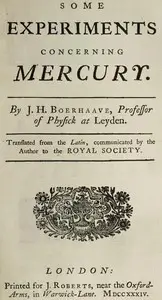
Some Experiments Concerning Mercury
By Herman Boerhaave
"Some Experiments Concerning Mercury" by Herman Boerhaave is a scientific publication written in the early 18th century. This work primarily explores ...
Herman Boerhaave was a Dutch botanist, chemist, Christian humanist, and physician of European fame. He is regarded as the founder of clinical teaching and of the modern academic hospital and is sometimes referred to as "the father of physiology," along with Venetian physician Santorio Santorio (1561–1636). Boerhaave introduced the quantitative approach into medicine, along with his pupil Albrecht von Haller (1708–1777) and is best known for demonstrating the relation of symptoms to lesions. He was the first to isolate the chemical urea from urine. He was the first physician to put thermometer measurements to clinical practice. His motto was Simplex sigillum veri: 'Simplicity is the sign of the truth'. He is often hailed as the "Dutch Hippocrates".


